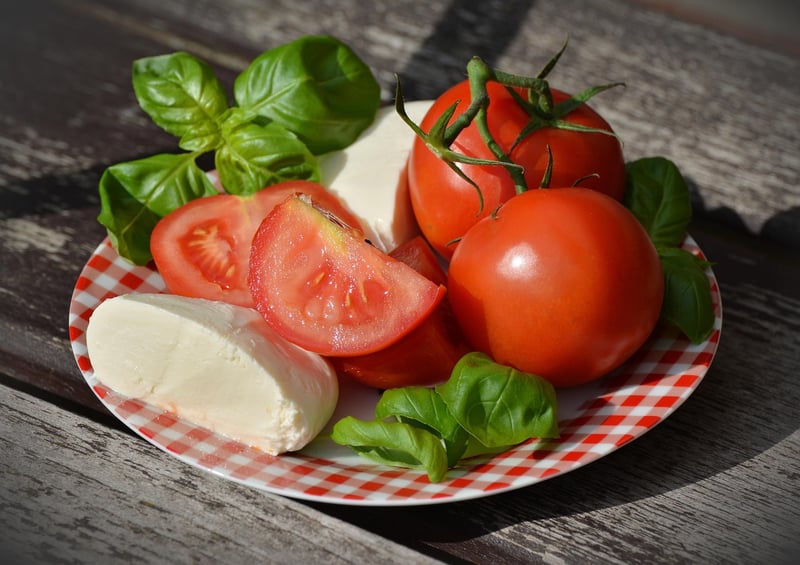Sustainable Cooking
Stay Updated on Culinary Innovations + Sustainable Cooking
In the dynamic world of culinary arts, staying informed about the latest trends and innovations is essential for all food enthusiasts. Whether you are a professional chef, a home cook, or simply someone who enjoys exploring new flavors, keeping up with culinary advancements can enhance your skills and broaden your culinary horizons. In addition to staying on top of culinary innovations, integrating sustainable cooking practices into your kitchen can contribute to a healthier planet and a more ethical approach to food consumption.
Why Stay Updated on Culinary Innovations?
1. Enhance Your Culinary Skills: Learning about new techniques, ingredients, and cooking methods can help you become a more versatile and creative cook.
2. Inspiration: Following culinary trends can inspire you to experiment with new dishes and flavors, keeping your passion for cooking alive.
3. Professional Development: For chefs and culinary professionals, staying informed about the latest innovations is crucial for career growth and staying competitive in the industry.
Benefits of Sustainable Cooking
Sustainable cooking focuses on minimizing food waste, supporting local producers, and choosing ingredients that are produced ethically and with minimal environmental impact. By embracing sustainable cooking practices, you can:
- Reduce your carbon footprint
- Support local farmers and producers
- Promote biodiversity
- Contribute to global efforts to combat climate change
Resources for Staying Updated
1. Eater: A popular source for food news, restaurant reviews, and culinary trends.
2. Bon Appétit: Offers a wide range of recipes, cooking tips, and insights into the culinary world.
3. James Beard Foundation: A hub for culinary excellence, providing resources for chefs, food enthusiasts, and industry professionals.
Get Started with Sustainable Cooking
1. Shop Locally: Support farmers markets and local producers to reduce the carbon footprint of your ingredients.
2. Reduce Food Waste: Plan your meals, store leftovers properly, and get creative with using ingredients fully to minimize waste.
3. Choose Sustainable Ingredients: Opt for organic, seasonal, and ethically sourced ingredients whenever possible.

Embracing culinary innovations and sustainable cooking practices can not only elevate your culinary experience but also contribute to a more sustainable and ethical food ecosystem. Stay curious, experiment in the kitchen, and enjoy the journey of discovering new flavors and techniques!
